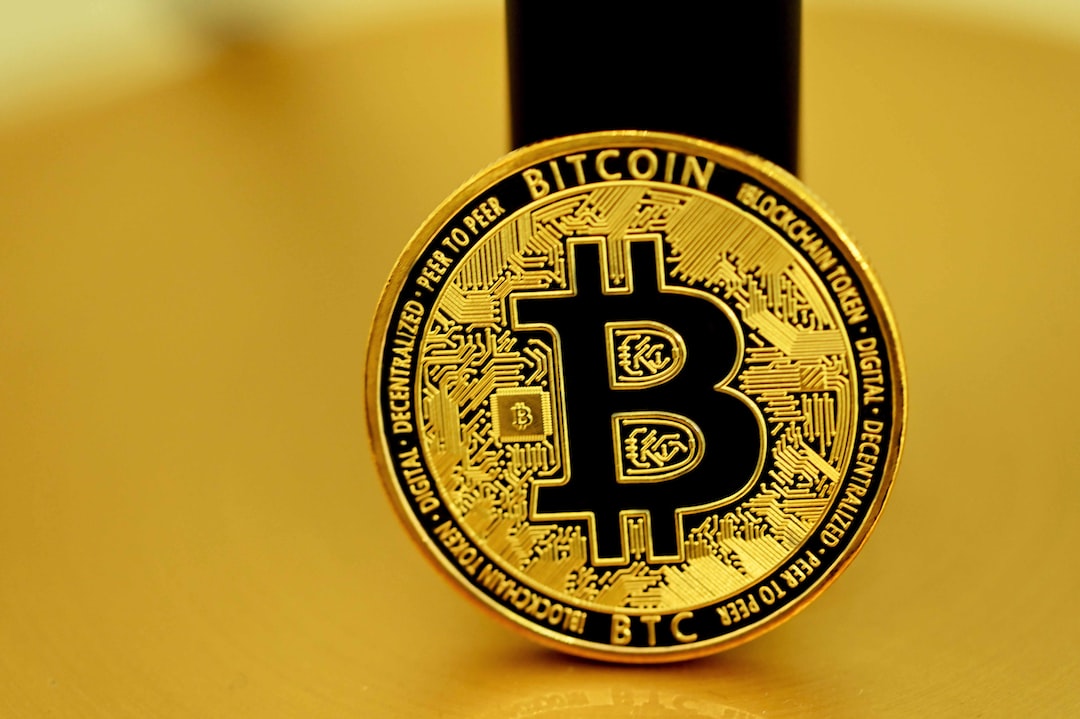The US Personal Consumption Expenditure (PCE) Index and Jobless Claims
The US Personal Consumption Expenditure (PCE) Index rose 0.2% month-on-month in July, indicating an increase in consumer spending. Jobless claims were lower than expected at 228,000, suggesting a potential pause in Federal Reserve (Fed) interest rate increases.
- The core PCE price index, excluding food and energy, rose 4.2% yearly, in line with expectations.
- The headline PCE came in at 3.3%.
- Revised jobless claims for June were 232,000, indicating a slowdown in job creation.
- Lower unemployment and falling PCE inflation may lead to the Fed considering a pause or rate cut to bring the Consumer Price Index (CPI) closer to 2%.
The Importance of the PCE Index
The US PCE Index provides insights into how rising prices affect consumer spending habits. While the Fed primarily focuses on the CPI as an indicator of price changes, the PCE offers valuable information on how average households are impacted by inflation.
Possible Economic Cooling and Rate Cut
The relatively flat monthly and slightly higher yearly PCE numbers, coupled with steady jobless claims, suggest that the economy might be cooling. This could potentially prompt an interest rate cut. Citi Chief Economist Andrew Hollenhorst predicts one more rate hike in November and raises the question of when the central bank will start cutting rates.
The Impact on Bitcoin and Ethereum
Bitcoin’s performance has been subdued despite potentially bullish news. After the release of the PCE numbers, Bitcoin briefly spiked before falling back. Ethereum, on the other hand, experienced minimal fluctuations in its price.
The Fed’s Battle Against Inflation
Chairman Powell emphasized that the Fed’s battle against inflation is not over. Despite annual headline inflation reaching 3%, volatile food and energy prices create uncertainty. The central bank may tighten policy further to reach its 2% target.
Revising Models and Relying on Real-Time Data
Economists suggest that the Fed may need to revise its models to account for unexpected events like the COVID-19 pandemic and geopolitical tensions. Without a reliable model, the central bank must rely on real-time data to assess the economy accurately.
Hot Take: The latest PCE numbers and jobless claims suggest a potential pause or rate cut by the Fed. This could impact the performance of cryptocurrencies like Bitcoin and Ethereum. The central bank will continue its battle against inflation, but revisions to models and reliance on real-time data may be necessary to navigate uncertain economic conditions.
Bernard Nicolai emerges as a beacon of wisdom, seamlessly harmonizing the roles of crypto analyst, dedicated researcher, and editorial virtuoso. Within the labyrinth of digital assets, Bernard’s insights echo like a resonant chord, touching the minds of seekers with diverse curiosities. His talent for deciphering the most intricate strands of crypto intricacies seamlessly aligns with his editorial finesse, transforming complexity into a captivating narrative of comprehension.

